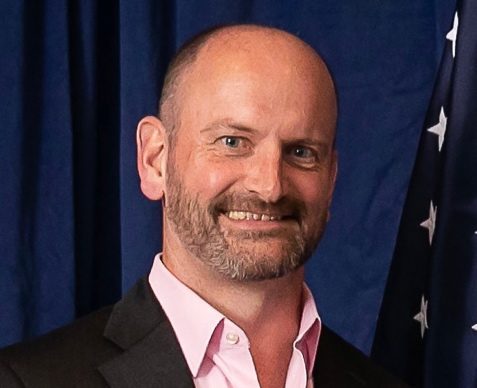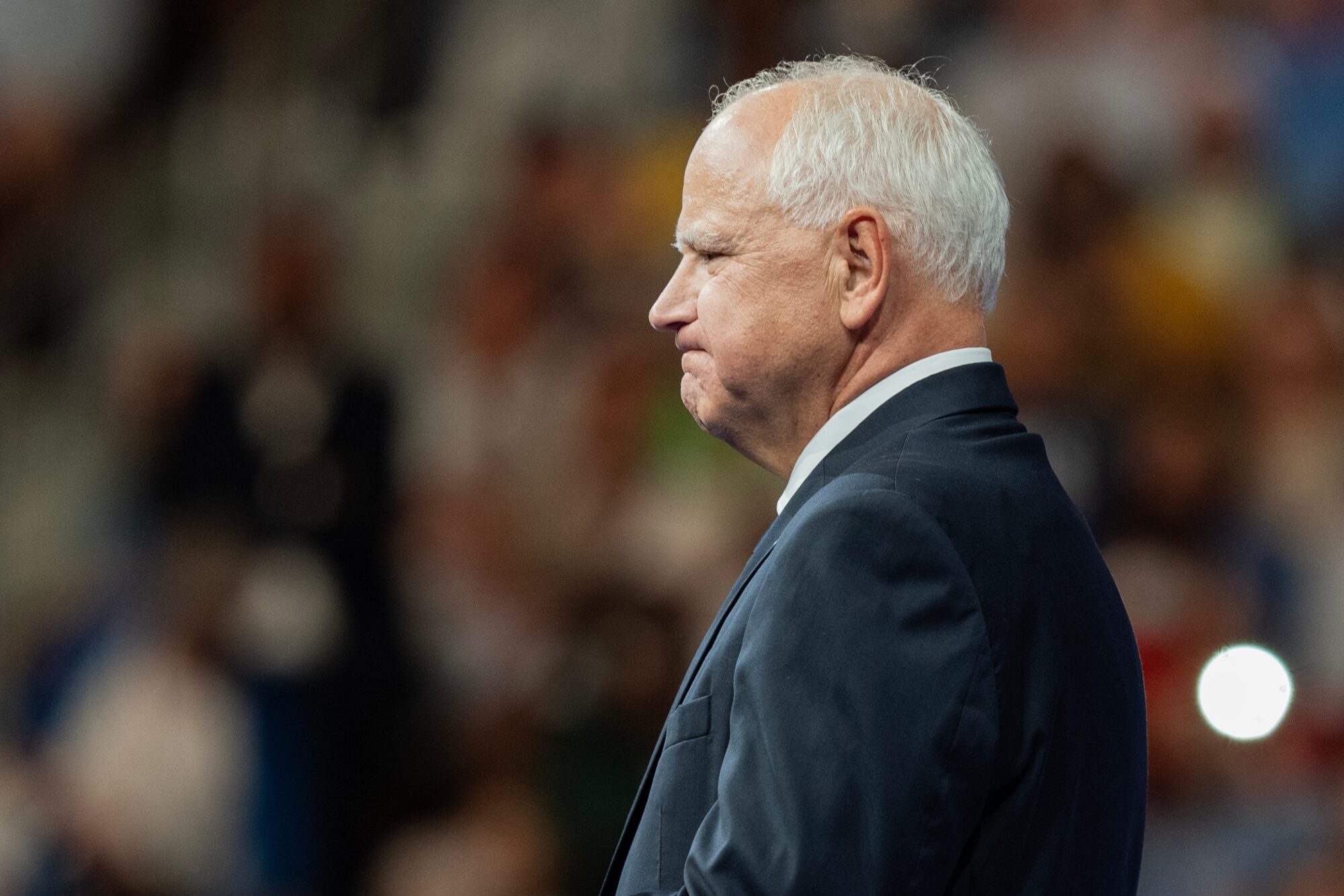
Douglas Carswell
Advocates for expansion have yet to show that increasing the number of Medicaid claimants by a third would itself mean improved access to health care.
Ever since the 2010 Affordable Care Act, states have been able to enroll low-income Americans in Medicaid using federal subsidies. So far, 39 states have signed up to expand Medicaid this way. Mississippi is one of 11 states that hasn’t. Should we?
The debate over Medicaid expansion in Mississippi is a perfect example of what happens when politics becomes polarized. The argument generates heat rather than light. Advocates on either side stopped listening to each other long ago.
Those opposed to Medicaid expansion refer to it as ‘Obamacare’ as though simply associating the idea with the 44th President was reason enough to reject it.
Advocates for more Medicaid often imply that those on the other side harbor some sort of moral flaw. Governor Tate Reeves has been remarkably consistent in opposing more government throughout his career. This has not prevented various critics from implying that his rejection of Medicaid expansion is cynical or opportunistic.
What most Mississippians, I suspect, really want to know is whether more Medicaid will lead to better health care.
Medicaid has already been expanding in Mississippi, even without our state formally opting into the provisions of the Affordable Care Act (ACA). Between 2014 and 2023, Medicaid spending in Mississippi rose almost 40 percent. This year, Medicaid spending will total an estimated $7.2 billion. There are currently about 880,000 Mississippians on Medicaid, a 22 percent increase over the past three years.
Expanding Medicaid further under the provisions of the ACA would mean enrolling every low-income adult (those on less than $20,120 pa) on Medicaid. This would place an estimated 300,000 more people on Medicaid in Mississippi, meaning over 1.1 million Mississippians were signed up for Medicaid.
“And about time too!” some might say. “If 300,000 more people qualified for Medicaid, we would see a dramatic fall in the number of uninsured, meaning more people accessing better health care”. But would they?
Advocates for expansion have yet to show that increasing the number of Medicaid claimants by a third would itself mean improved access to health care. Might not enrolling over a quarter of a million more Mississippians on Medicaid just make it harder for those on Medicaid to get the health care they need? It’s not as if the 880,000 current Medicaid recipients are getting optimal outcomes, is it?
Those wanting to expand Medicaid often cite the state of our cash-strapped rural hospitals in support. More Medicaid patients, they tell us, would save these hospitals from closure. Are we certain of that?
We already know that rural hospitals lose approximately 12 cents on the dollar for every Medicaid patient that they treat. How would increasing the number of loss-making Medicaid patients save them? Rather than insult those that raise this point, or accuse them of dishonesty, those wanting to add 300,000 more people to Medicaid ought to address these points.
On the opposing side, I have yet to hear a slam-dunk explanation as to why Mississippi should reject a scheme that would see Washington DC shoulder 90 percent of the costs.
“Ha! Just wait until that federal subsidy dries up! The cost of all this extra Medicaid will end up being paid for out-of-state taxes” some have said to me. Really?
Federal subsidies might only cover 50 – 78 percent of the cost of earlier Medicaid enrollees, but I am not aware of any state currently having to pay more than 10 percent of the costs of expansion under the ACA. Were that to change, to be fair, it would have massive consequences for tax rates in our state seeing as Medicaid in Mississippi costs in excess of $7 billion. It would mean goodbye income tax elimination and hello tax hikes – forever.
Those opposed to federal subsidies for Medicaid might be more convincing if they had opposed subsidies for all those other boondoggles down the decades.
Enrolling more people on Medicaid might reduce the number of uninsured people on paper. I doubt it will lead to the improved outcomes proponents of Medicaid expansion expect.
A few days ago, the brilliant Florida physician, Dr. Lee Gross, was in Jackson talking about a different way of providing affordable health care. Dr. Gross’ model does not involve insurance, socialized or otherwise. Instead, Dr. Gross’ patients, many of whom are on low incomes, pay a monthly subscription of $80 ($30 per child). In return, they get unlimited primary health care treatment.
How is Dr. Gross able to make this work as a viable business? Precisely because he does not deal with insurance companies. According to Dr. Gross, it is the interaction between insurers and providers that pushes up costs for physicians and patients – and which helps explain why America has some of the highest healthcare costs in the world.
Simply offering to deal with providers on a cash basis allows Dr. Gross’ medical practice to secure substantial discounts (for example a 95 percent discount for an MRI scan), which he passes on to patients making his subscription model viable. Here is a list of some of the cost reductions Dr. Gross is able to routinely secure for his patients.
Subscription-based primary care provision works in Florida because there is a competitive market in services – and is growing rapidly. Florida does not have the restrictive laws that we have here in Mississippi that intentionally limit the number of providers.
If policymakers in Mississippi really want to ensure better health outcomes, they should remove the myriad of protectionist laws. No amount of federal subsidy will improve outcomes as long as they remain.









